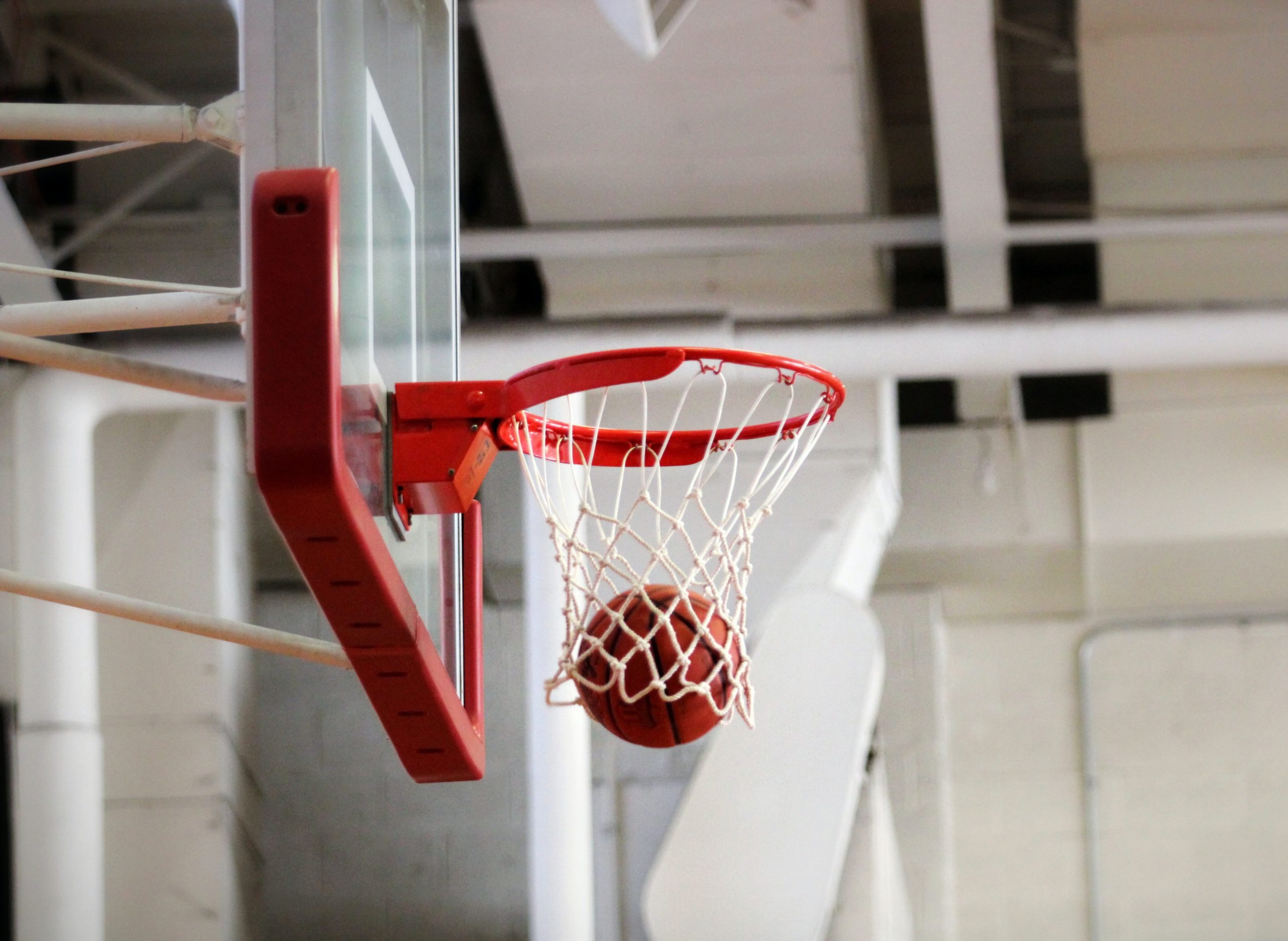A new putative antitrust class action was filed last week against the NCAA and the Power 5 conferences on behalf of two separate classes of current and former college athletes. The lawsuit seeks damages allegedly resulting from the NCAA’s restriction on college athletes receiving compensation for the use of their names, images, and likenesses (NILs). In the complaint, the named plaintiffs allege that the NCAA’s NIL bylaws unlawfully fix college athlete NIL compensation at zero and seek an injunction against all NCAA limits on NIL compensation.
In addition to seeking the injunction, the complaint seeks damages for the “social media earnings” and “game telecast group licensing revenue” athletes attending Power 5 schools would have received the past four years absent the NCAA’s limits on NIL compensation. The social media damages subclass consists of ALL athletes at Power 5 schools that are currently on a varsity athletic team or were on a team in the past four years. The telecast group licensing subclass consists of only men’s and women’s basketball players and football players at Power 5 schools. The inclusion of the game telecast group licensing revenue in the damages request potentially puts hundreds of millions of dollars in revenue from the NCAA and Power 5 broadcast agreements in play. And because antitrust damages are tripled, a damages award for this telecast group licensing subclass could reach over a billion dollars.
The named plaintiffs in the lawsuit, entitled House v. NCAA, et al., are Grant House, a current men’s swimmer at Arizona State, and Sedona Prince, a current women’s basketball player at Oregon State. The defendants are the NCAA and each of the Power 5 conferences. The plaintiffs’ attorneys are the Hagens Berman firm, the same firm that successfully sued the NCAA and the Power 5 conferences in the recent Alston v. NCAA case. There are some parallels between Alston and House. Notably, Alston sought damages on behalf of a class of current and former college athletes for the difference between the previous grant-in-aid definition (tuition and fees, room and board, and books) and the value of the full cost of attendance (FCOA) at the time the NCAA was beginning to allow FCOA athletic scholarships. Similarly, the House complaint is seeking damages for the difference between the current allowable NIL payments (zero) and the amounts that would have been paid in the absence of the NIL restrictions, at a time when the NCAA is in the process of liberalizing its NIL bylaws.
The House lawsuit was filed in the same court as the Alston case and the O’Bannon case, the US District Court for the Northern District of California, and it’s likely the new case will eventually be reassigned to Judge Claudia Wilken. The currently assigned judge has referred the case to Judge Wilken to determine whether the case is related to Alston. Assuming she finds the cases are related, Judge Wilken will take over the case. Judge Wilken was the judge in both O’Bannon and Alston and held in both cases that NCAA limits on athletic-based compensation violate antitrust law.
More About Kennyhertz Perry’s Collegiate Sports Practice Group
The need for an attorney experienced in collegiate athletics has never been higher. From assistance with compliance, eligibility, scholarship, and transfer issues, to advice and representation relating to the newly emerging name, image, and likeness laws and legislation, universities, conferences, coaches, and college athletes often need an attorney to advocate on their behalf and to assist and advise on these types of issues.
The team at Kennyhertz Perry is uniquely suited to guide universities and college athletes through all of these types of issues with respect to the multitude of rules and laws set forth by the National Collegiate Athletic Association (NCAA), National Junior College Athletic Association (NJCAA), National Association of Intercollegiate Athletics (NAIA), and the National Federation of High School Athletic Associations (NFHSAA).
The attorneys at Kennyhertz Perry all have years of experience advocating for clients in high stakes matters and advising them on related issues. In addition, and most importantly, attorney Mit Winter is a former Division I scholarship basketball player with extensive experience working on collegiate athletics legal matters. Mit has first-hand experience in understanding the pressures and demands faced by college athletes both on and off the field, and has represented a number of sports-related clients in his practice, including the Big 12 Conference, Conference USA, and the NCAA.
Mit is widely regarded as an expert in collegiate sports law and frequently writes on these legal issues. He is also the founder and chairman of the Kansas City Metropolitan Bar Association’s Sports and Entertainment Law Committee and serves as a Regional Captain in the states of Kansas and Missouri for the Sports Lawyers Association’s (“SLA”) Outreach Committee.
Kennyhertz Perry’s college sports practice provides representation to those who are seeking an attorney with expertise to advise them on the myriad legal and compliance concerns prevalent in college athletics today. To learn more about the firm, visit kennyhertzperry.com.
*The choice of a lawyer is an important decision and should not be based solely upon advertisements.


